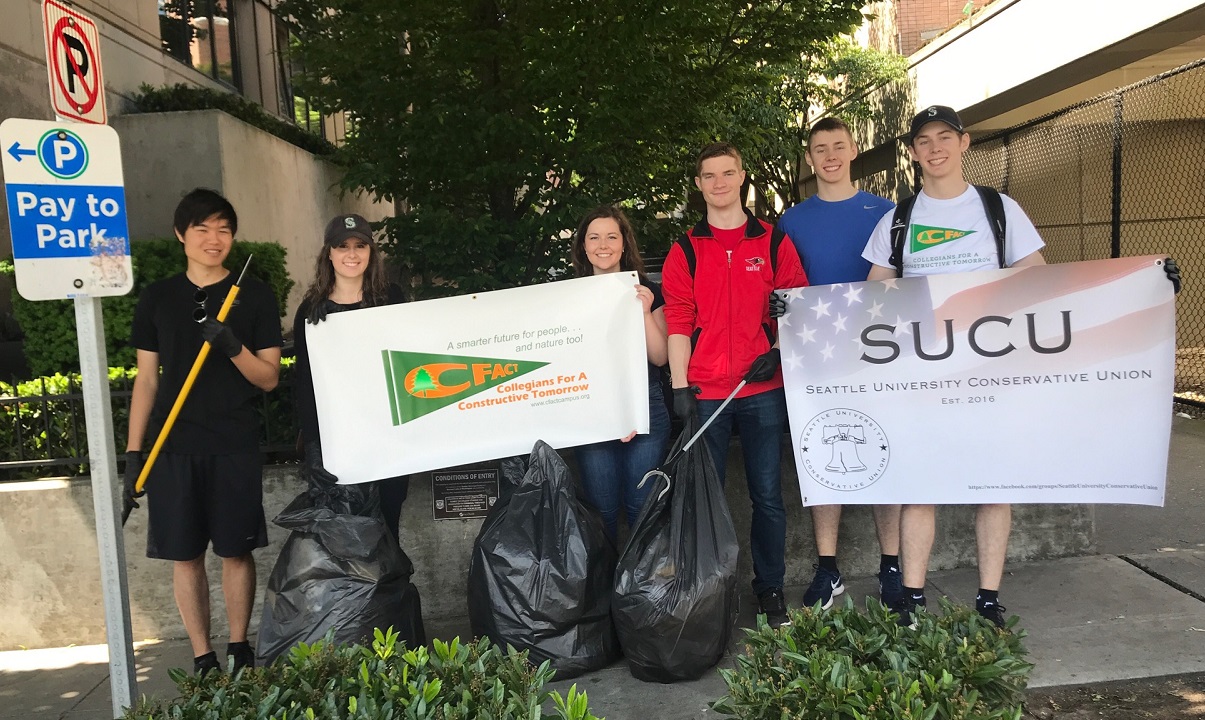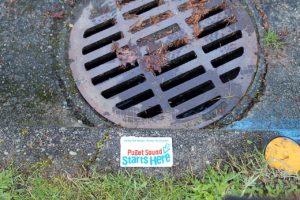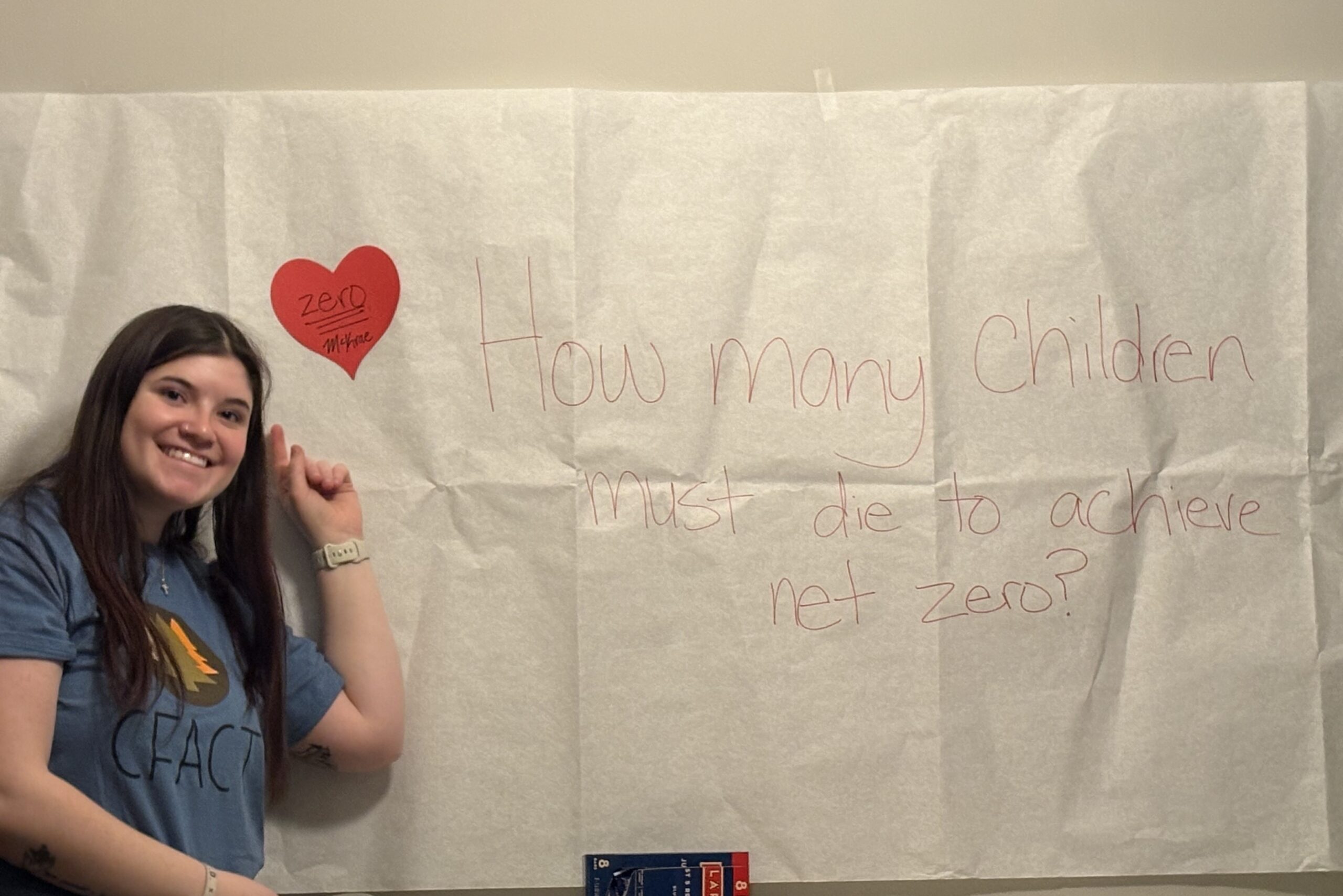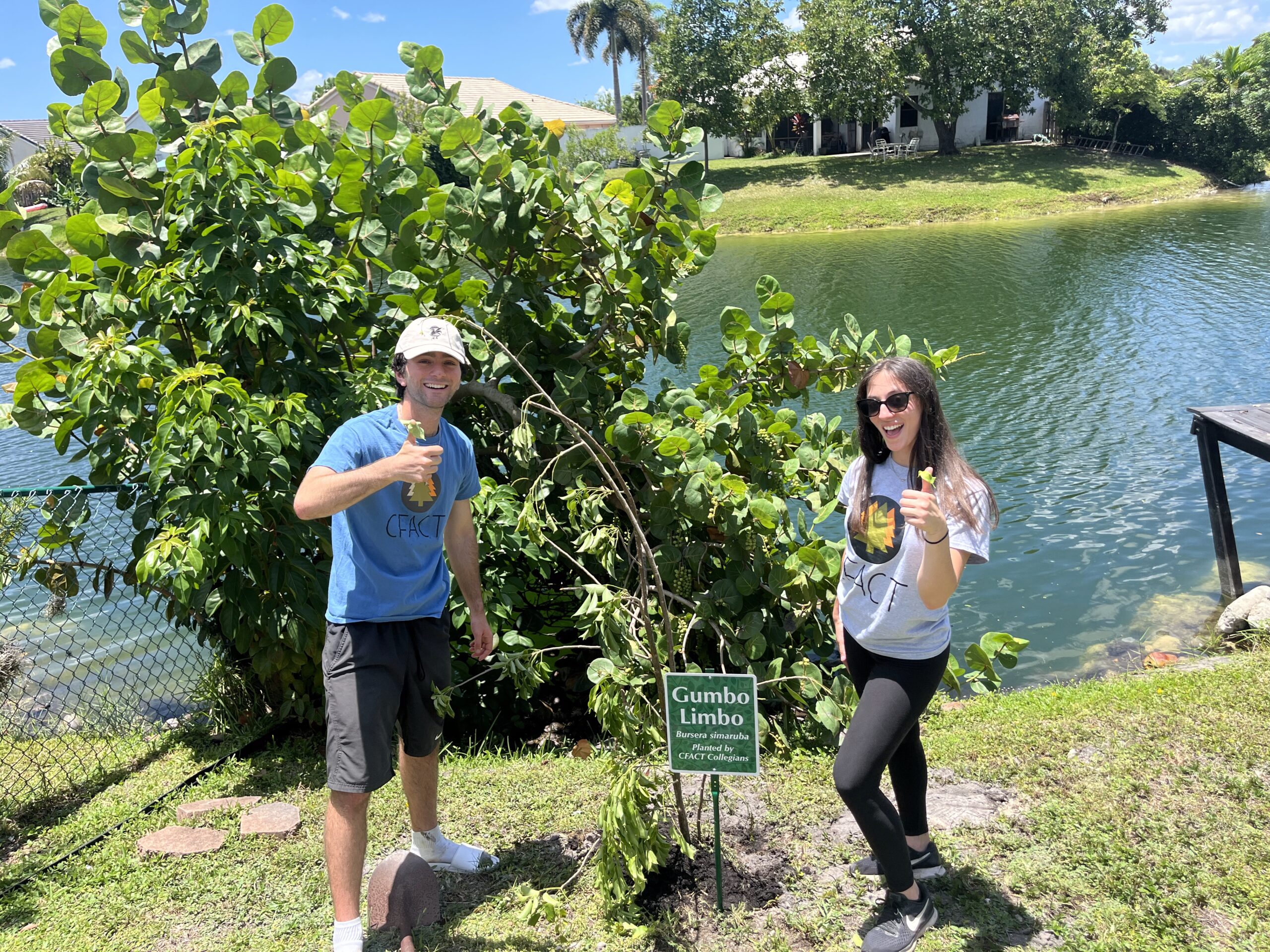Like its liberal counterparts, Seattle has become yet another “progressive” city with an extensive homelessness problem. The combination of high taxes, energy prices, and barriers to starting and maintaining a small business is driving more and more middle and low-income residents into poverty.
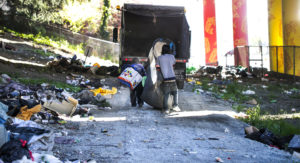
Piles of trash that are becoming more frequent in and around Seattle’s homeless areas. Picture credit: Seattle Times
